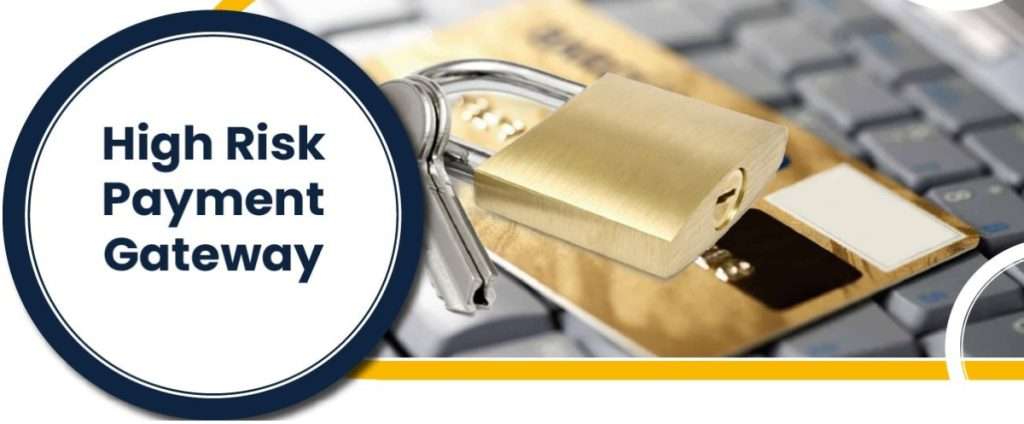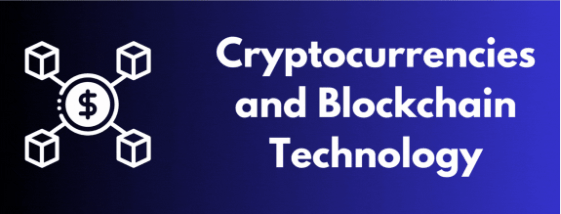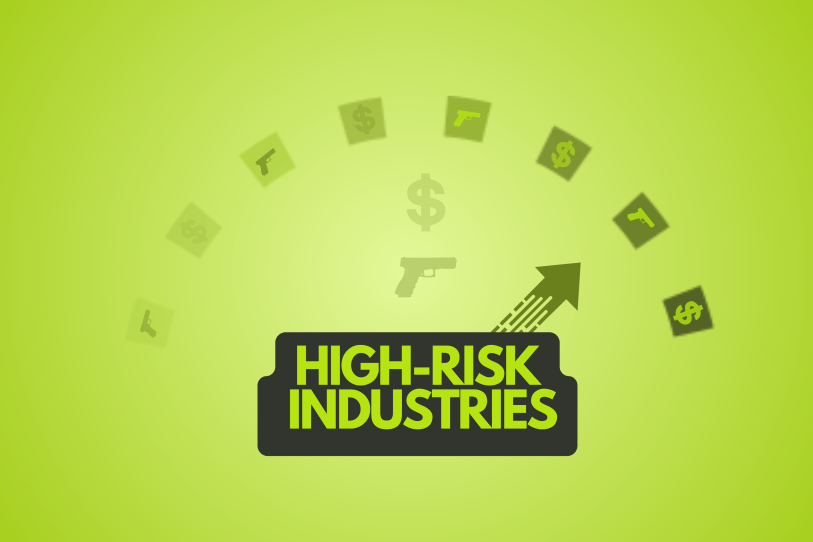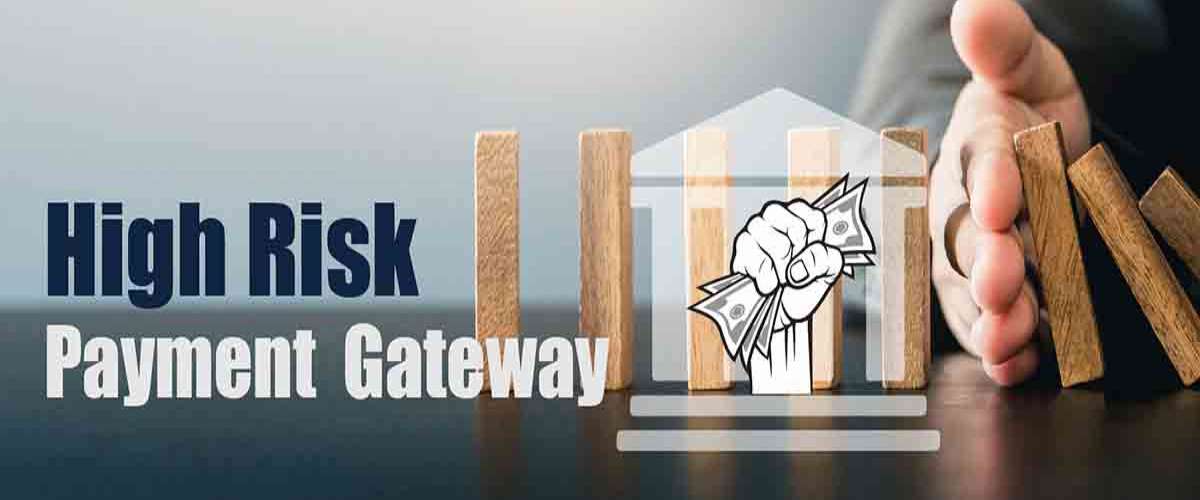AUTHOR : MICKEY JORDAN
DATE : 12/12/2023
The Rise of High-Risk Payment Gateways

The digital payments[1] landscape continues to evolve rapidly, with innovative solutions emerging to meet the growing demands of consumers and businesses alike. Among these developments, the rise of high-risk payment gateways has gained significant attention. These specialized payment solutions cater to industries considered “high-risk.” They offer a lifeline to businesses that might struggle to secure standard merchant accounts[2]. By providing tailored services, these solutions help mitigate the unique challenges faced by high-risk industries, including fraud prevention and chargeback management. As we look into 2024 and beyond, it’s clear that high-risk payment gateways are becoming increasingly vital. Let’s explore the latest trends, the driving factors[3] behind this rise, and why high-risk payment gateways are gaining popularity.
1. Understanding High-Risk Payment Gateways
Before delving into the trends, it’s essential to understand what high-risk payment gateways[4] are. These are payment processors that specifically cater to businesses operating in industries deemed high-risk, such as online gambling[5], adult entertainment, CBD products, e-cigarettes, travel, and tech support scams. These sectors often face challenges in processing payments through standard payment gateways because of their association with chargebacks, fraud, and regulatory scrutiny.
In contrast to traditional payment gateways, high-risk payment gateways are designed to mitigate risks. They offer enhanced security measures, chargeback management solutions, and flexible terms. These features help businesses in high-risk sectors manage challenges and reduce potential losses. As the number of high-risk businesses continues to grow, the demand for these specialized payment processing solutions is increasing.
2. Key Trends Shaping the Future of High-Risk Payment Gateways
Rise of Cryptocurrencies and Blockchain Technology

One of the most significant trends impacting the future of high-risk payment gateways is the rise of cryptocurrencies and blockchain technology. Cryptocurrencies like Bitcoin and Ethereum are increasingly being accepted by businesses in high-risk industries due to their decentralized nature, which reduces the risk of chargebacks and fraud. Blockchain’s transparent and immutable ledger also provides enhanced security and accountability, making it an attractive option for businesses looking for reliable payment solutions.
High-risk payment gateways are beginning to integrate cryptocurrency payment options, offering merchants an alternative to traditional payment methods. This trend is expected to gain momentum as more consumers and businesses adopt digital currencies in 2024 and beyond.
Enhanced Fraud Prevention Technologies
Fraud prevention continues to be a top concern for businesses operating in high-risk industries. Traditional payment processors often struggle to provide adequate protection against fraud, which is why many are incorporating more advanced fraud detection systems. These may include machine learning algorithms, AI-based monitoring, multi-factor authentication, and real-time risk assessments. These technologies help payment processors identify and prevent fraudulent transactions before they occur. This creates a safer environment for both merchants and customers. As fraudsters become more sophisticated, continuous development of these security measures is essential. It will play a key role in maintaining trust and minimizing financial losses in high-risk sectors.
Multi-Currency and Global Payment Solutions

As businesses in high-risk sectors often operate internationally, the need for multi-currency support is growing. Payment processors are adapting to global demand. They offer solutions that allow businesses to accept payments in multiple currencies. This makes it easier for international customers to transact. In 2024, this trend is expected to grow as businesses expand their reach globally. Payment processors that can handle multiple currencies will be in high demand. They must also manage the risks associated with international transactions. The ability to process currency conversion, mitigate fraud, and comply with regional regulations will be crucial. These features are essential for businesses aiming to offer a smooth and secure payment experience to a diverse customer base.
Subscription-Based Payment Models
Subscription-based models are becoming increasingly popular in high-risk industries. Companies that sell digital goods, services, or memberships are using recurring billing to generate stable revenue streams. Payment processors are adapting to this shift by offering advanced subscription management features, such as automated billing, dunning management, and flexible billing cycles. These features help businesses reduce administrative costs and improve customer retention by providing seamless, automated payment processing. As subscription-based business models continue to grow, payment processors will play an essential role in facilitating these transactions, ensuring smooth and secure payment experiences for both businesses and their customers.
Partnerships with Alternative Lenders
Due to the high-risk nature of their operations, businesses in certain sectors may struggle to secure traditional financing. To address this challenge, high-risk payment gateways are increasingly partnering with alternative lenders to provide additional financial services to their merchant clients.
These partnerships offer businesses access to short-term loans or working capital based on their transaction history, without requiring them to go through the more rigorous approval processes of traditional financial institutions. This trend is expected to grow, providing businesses with more options for financial support.
3. Why High-Risk Payment Gateways Are on the Rise
The Growth of High-Risk Industries

As the digital economy continues to evolve, industries considered high-risk are seeing rapid growth. From the booming online gaming and gambling sectors to the rise of e-commerce platforms selling high-risk products like CBD, the demand for high-risk payment gateways is increasing. These businesses need payment processing solutions that can handle large volumes of transactions and manage the higher levels of fraud and chargebacks associated with their industries. This are designed to meet the specific needs of these industries by providing more flexible terms and enhanced security, helping businesses mitigate risks while continuing to grow.
Increasing Fraud and Chargeback Issues
Fraud and chargebacks are significant concerns for businesses in high-risk industries, often leading to hefty fines or account closures with traditional payment processors. This offer solutions to reduce these issues through features like chargeback protection, risk management tools, and advanced fraud prevention technologies.
By reducing the impact of chargebacks, high-risk payment gateways help businesses maintain profitability and build stronger relationships with their payment processors.
Need for Flexible Payment Solutions
Many businesses in high-risk sectors require customized payment solutions tailored to their specific needs. Traditional payment gateways often offer rigid pricing models and terms, which may not work for high-risk businesses. In contrast, This offer more flexible terms, such as higher transaction limits, variable fees, and specialized risk management solutions.
This flexibility makes it easier for high-risk businesses to find payment processing solutions that align with their operational needs and growth strategies.
4. The Future of High-Risk Payment Gateways
As we look toward the future, This will continue to play a crucial role in the digital economy. The ongoing integration of emerging technologies like blockchain and artificial intelligence, coupled with the growth of high-risk industries, ensures that these specialized gateways will remain a vital component of the payment processing ecosystem.
For businesses in high-risk sectors, partnering with a reliable high-risk payment gateway will be essential for navigating the complex challenges of fraud, chargebacks, and regulatory compliance. By choosing the right payment processor, businesses can optimize their payment flows and stay ahead of the competition.
Conclusion
In conclusion, This are becoming an indispensable tool for businesses in high-risk industries. As payment technologies evolve, these gateways will continue to provide the specialized support needed to manage the unique challenges of fraud, chargebacks, and international transactions. The trends outlined above, from cryptocurrency integration to advanced fraud detection systems, point to a promising future for high-risk payment gateways as they continue to innovate and meet the needs of the digital economy.
FAQs
1. What is a high-risk payment gateway?
A high-risk payment gateway is a payment processor designed to handle transactions for businesses in industries that are considered high-risk, such as online gambling, adult entertainment, and CBD products. These gateways provide enhanced security, chargeback management, and flexible terms.
2. Why are some industries considered high-risk?
Industries are considered high-risk due to factors such as high chargeback rates, increased fraud potential, or heavy regulatory scrutiny. These include sectors like online gambling, adult entertainment, and certain e-commerce businesses.
3. How do high-risk payment gateways reduce fraud?
This utilize advanced fraud prevention technologies such as AI-based monitoring, multi-factor authentication, and machine learning algorithms to detect and prevent fraudulent transactions.
4. Can high-risk payment gateways accept international payments?
Yes, many high-risk payment gateways offer multi-currency support, allowing businesses to accept payments from international customers in various currencies.
5. Are there any fees associated with high-risk payment gateways?
Yes, this often charge higher fees than traditional gateways due to the increased risk they assume. Fees can vary depending on the gateway and the specific services offered.





